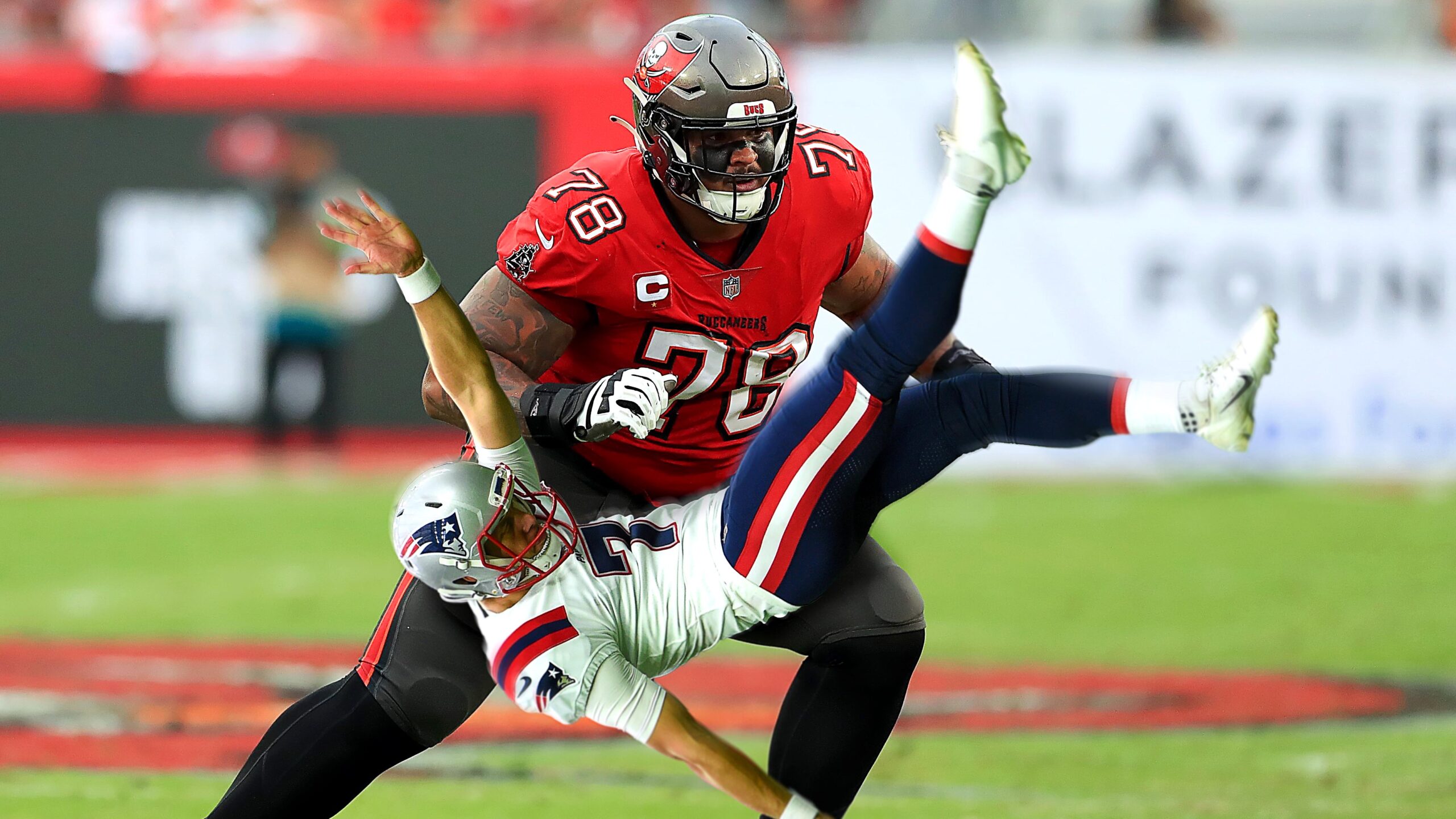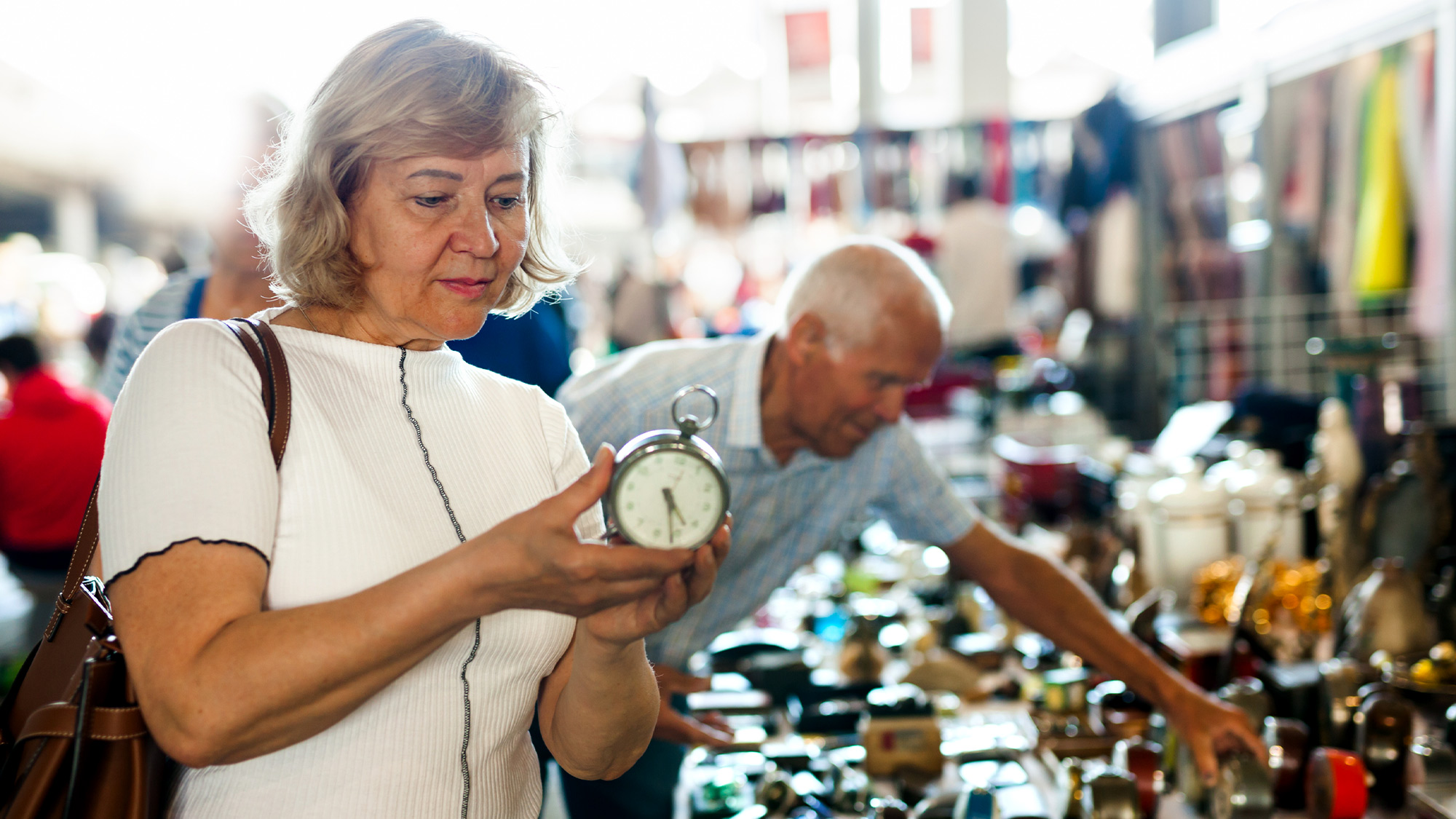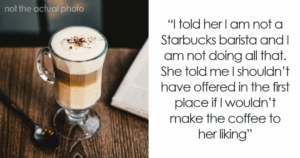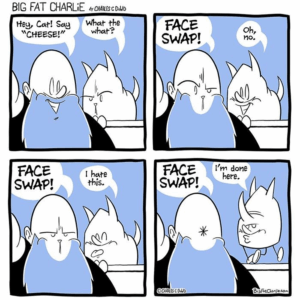The Surprising Origin Story Behind Ginger Ale’s Name You’ve Never Heard Before
Ever wondered why that fizzy, sweet concoction called ginger ale shares its name with something that sounds like a pint at your local pub, yet doesn’t pack a drop of alcohol? It turns out, this bubbly favorite—whether you sip it at happy hour or nurse a stomach ache with it—has a truly rich and quirky history that’s been brewing beneath the surface for centuries. From its gritty beginnings as a slightly boozy ginger beer in England to the expertly crafted, crisp “Champagne of Ginger Ales” that emerged from a Canadian pharmacist’s mind, this drink’s journey is anything but flat. And just when you thought you had it figured out, there’s the twist about its less-than-ginger-packed modern-day incarnations and that charmingly misleading name. Ready to get stirred up about ginger ale’s roots and revelations? LEARN MORE.
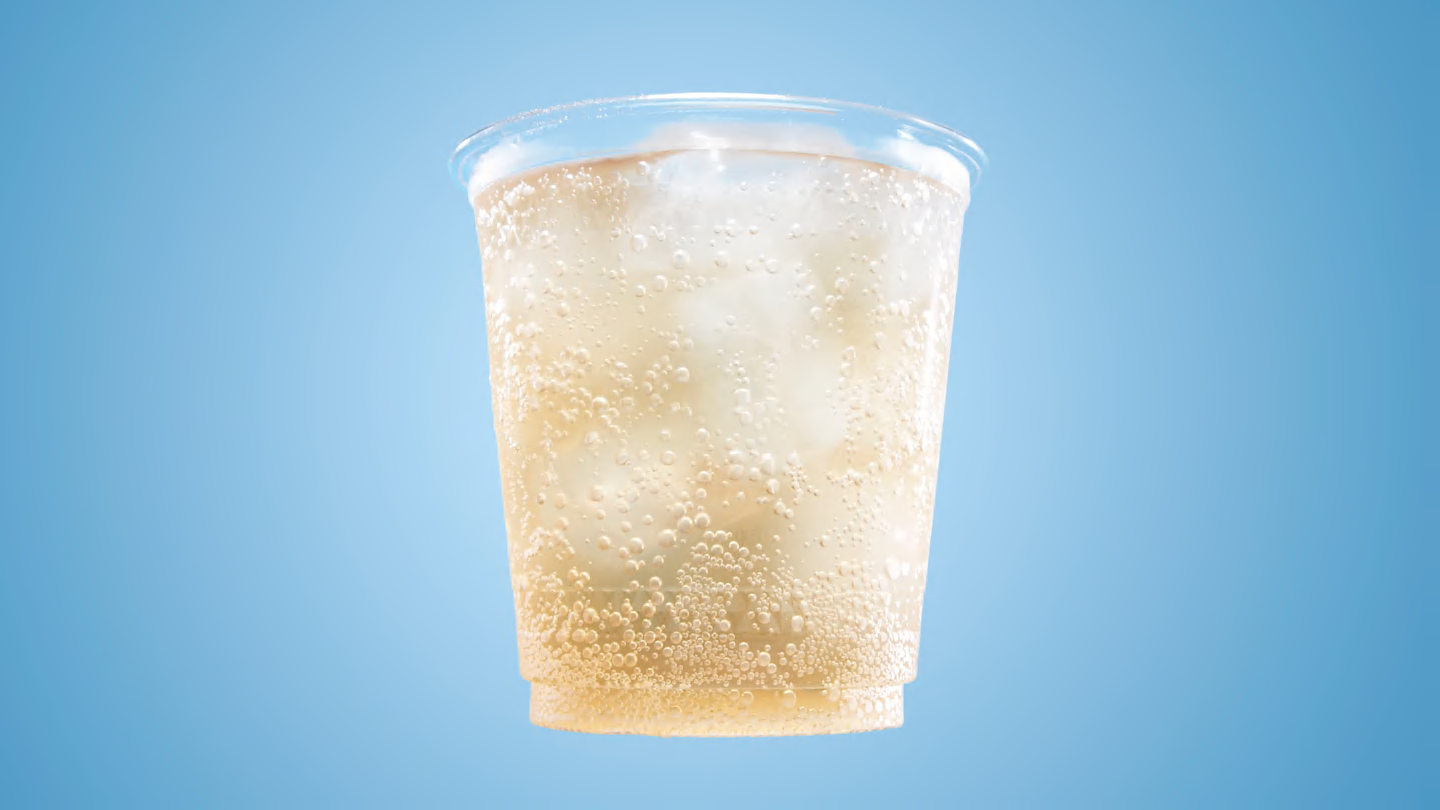
You might know ginger ale as your favorite bar mixer, or the drink your grandma gave you when you had a stomach ache. But this beloved soft drink has a more interesting backstory than most people realize. Its name, its flavor, and even its popularity are all rooted (pun intended) in centuries of change and clever marketing.
The Origins of Ginger Ale
Before there was ginger ale, there was ginger beer: a fermented, slightly alcoholic beverage that originated in Yorkshire, England, in the 18th century. Ginger beer quickly became popular throughout the UK and its colonies—not just for its taste, but also for its alleged medicinal benefits.
But by the mid-1800s, tastes began to shift. Soda makers in Ireland in the 1850s developed a non-alcoholic version of ginger beer [PDF]. This softer, sweeter alternative was made by adding ginger flavoring to carbonated water, removing the need for fermentation.
The drink was further refined in Canada by pharmacist John McLaughlin, who launched his own “Belfast Style” ginger ale in the 1890s. In 1907, he introduced a lighter, crisper version; he trademarked this as “The Champagne of Ginger Ales” and it became the blueprint for the modern gingery beverage we know today.
Why Is It Called “Ginger Ale” If There’s No Alcohol?
The ale in ginger ale comes from its roots in ginger beer, and more broadly, from the old tradition of calling fermented or brewed drinks “ales.” Even though the drink itself no longer has any alcohol, the name stuck, and gave it a little borrowed sophistication along the way. “Ginger soda” just doesn’t have the same ring to it.
Alcohol isn’t the only thing missing from a lot of ginger ale these days. Today’s store-bought ginger ale isn’t always made with real ginger. Many commercial brands rely on artificial flavoring or use only tiny amounts of ginger extract, meaning its medicinal reputation isn’t always justified. And though some people still swear by ginger ale for nausea, you’d be better off with real ginger or ginger tea if you’re seeking relief.
Discover More Fascinating Stories About Soda:






